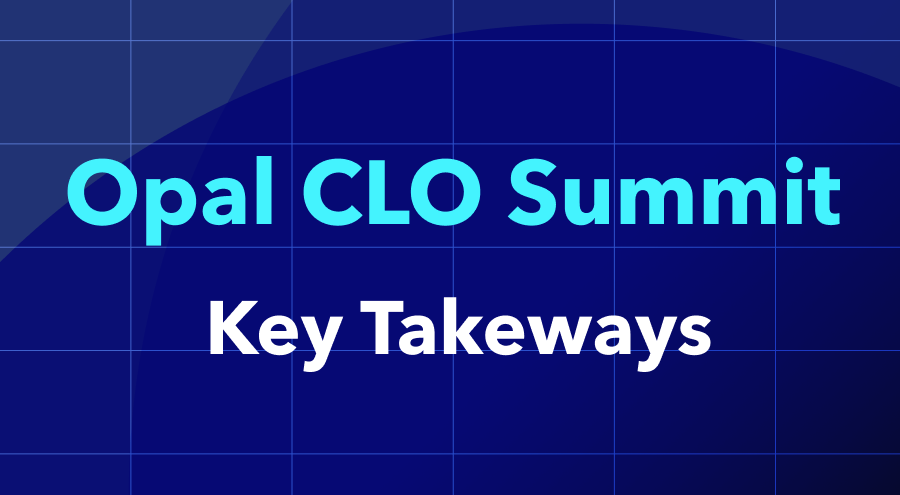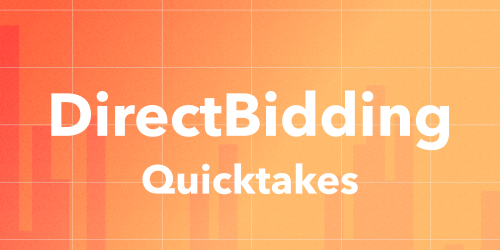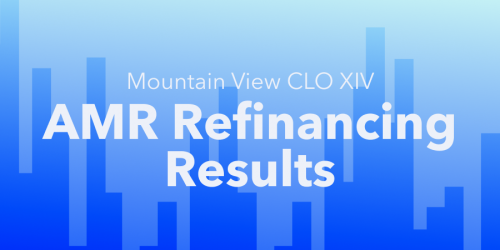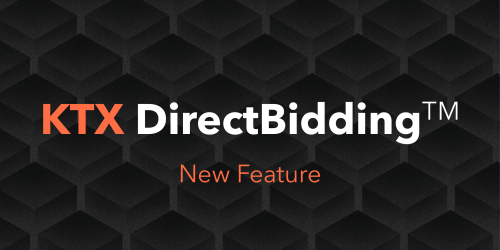Opal CLO Summit Takeaways

At the Opal CLO Summit, KopenTech participated in several panels. Here are our takeaways from the conference:
Strong issuance is likely to continue
Amid strong primary issuance, CLO volumes outstanding topped $1 trillion in 2021. After a two-year hiatus, the market’s largest AAA investor, Japanese bank Norinchukin, returned to the market. This is likely a bullish sign for 2022 CLO issuance.
SOFR transition is top of mind
You couldn’t go to a panel without the discussion of the conversion from LIBOR to SOFR. Is the basis 20? Is it 15? The general takeaway is there will be trading opportunities as the markets adjust and that should be settled by the end of January to the middle of February.
Default Rates are at record lows
Leveraged loan default rates have been notably low for several months, pointing to expectations of continued strong performance. The trailing-twelve-month dollar volume of defaults is only 0.2%, the lowest seen in over 10 years.
Twelve New Managers enter CLO market
In 2021, the CLO market also welcomed 12 new CLO management platforms. Eight managers representing regular BSL space include Putnam, Sancus Credit Advisors, Beach Point CLO Management, Tikehau Structured Credit, Diameter, Sycamore Tree, CQS and Capital Four. There were 2 new middle-market platforms, Mount Logan Management and Silver Point Specialty Credit, and 2 platforms that issued enhanced CLOs with larger CCC buckets, Shinhan and Centerbridge.
ESG language is becoming commonplace
Tools to assess ESG language in documents have also been of interest to investors. While ESG-related language exists in most European transactions, 25% of US transactions have ESG language, up from only 10% 2 years ago.
CLO equity sees strong returns and liquidity
2020 and 2021 have both been banner years for CLO equity as one of the highest returning fixed income products driven by the high CLO arbitrage at deal inception and low default rates. Secondary CLO trading for 2021 is up over 125% with over $3.5 billion of CLO equity trading.
Tech platforms drive improved decision making
- 2021 saw a logjam of refis and resets at ratings agencies, law firms and arranging banks. KopenTech discussed innovations like Applicable Margin Reset (AMR) as an alternative to traditional refis. AMRs do not constitute a new issuance. They are faster, cheaper and do not require rating agency involvement.
- Facing a deluge of primary issuance, tech platforms are aggregating relevant information to save investors time.
- Machine-aided legal document review has become a tremendous help to investors who would typically pour over hundreds of pages of legal documents to find answers.
- Attendees noted points that still need technological innovation, including reducing loan trade settlement time and more convenient electronic access to CLO documentation.




